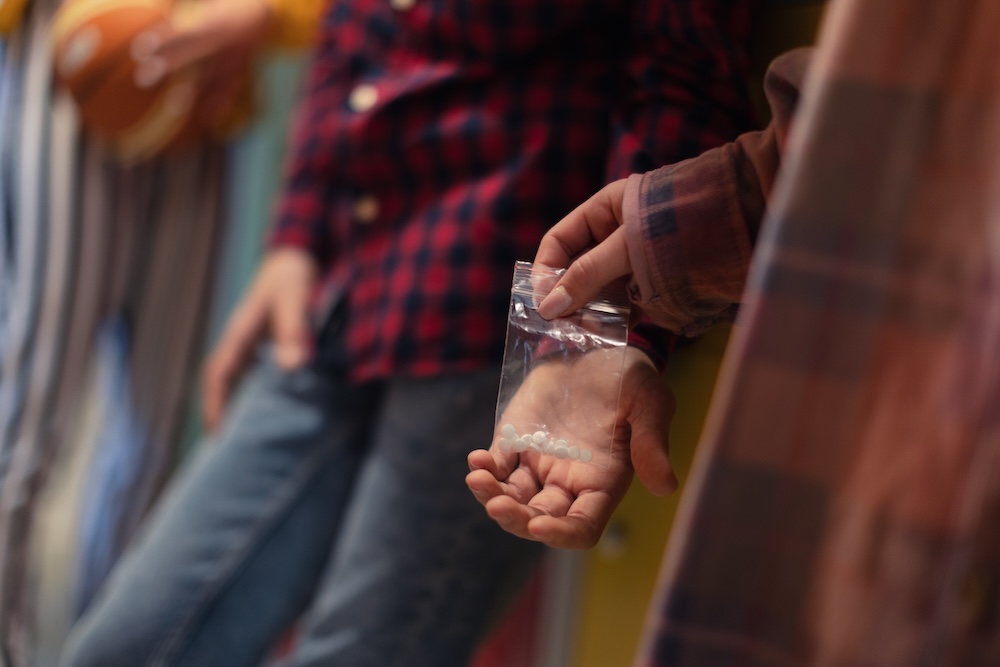While a cup of coffee or tea can be healthy for most adults, it’s important to consider the effects of caffeine on your children’s development and growth. Caffeine affects kids differently than it does adults, and there are health risks that should be taken into consideration. Knowing how much caffeine is safe, what to watch out for, and how energy drinks factor in will help you guide your child toward healthier choices.
Caffeine is a stimulant found naturally in coffee beans, tea leaves, cacao, and in some plants like guarana. It’s also added to many beverages and energy drinks. In children and teens, their bodies and brains are still developing, which means caffeine can have stronger effects. It can increase heart rate, raise blood pressure, trigger rapid breathing, cause nausea, restlessness, or anxiety, and interfere with sleep. Even hours after consuming caffeine, children may feel its effects, and when it wears off, they might experience headaches, irritability, or tiredness.
Caffeine can also reduce appetite or lead to eating less nutritious foods. When children drink caffeinated beverages, they may be less likely to consume fruits, vegetables, and other important sources of vitamins and minerals, which are essential for healthy growth. Disrupted sleep, poor concentration, or mood changes often follow, and these can affect school performance, emotional well-being, and overall health.
It’s not just coffee and tea that have caffeine. Energy drinks also have caffeine and tend to have higher amounts, along with other stimulants, such as guarana, taurine, or taurine-like ingredients. In fact, most energy drinks contain more than 100mg of caffeine, which is more than the limit recommended for kids ages 12-18. Energy drinks often contain large amounts of added sugar as well, which can lead to weight gain, tooth decay, and spikes in energy followed by crashes. Frequent consumption of energy drinks has been linked to symptoms such as nervousness, shaking hands, stomach problems, headaches, irregular heart rhythms, and sleep disturbances. Kids with underlying health conditions, like heart issues or anxiety, may be at even greater risk.
Many sodas also contain caffeine, although they have less than coffee, tea, and energy drinks. For example, Pepsi Zero has 38mg of caffeine, Diet Coke has 46mg, and Mountain Dew has 54mg. Caffeine can also be found in some foods, like chocolate. A 3.5-ounce dark chocolate bar could have anywhere from 50 to 150 mg of caffeine. Ice cream, protein bars, chocolate chips, energy bars, and chewing gum can also have hidden caffeine.
For children under the age of 12, it is recommended to limit caffeine as much as possible or avoid it altogether. For kids ages 12-18, staying at or under 100mg of caffeine per day is recommended. Pay close attention to labels on beverages your children drink, as caffeine can show up in unexpected places. It’s also important to be aware of caffeine pouches that can be appealing to teens. The caffeine in them is quickly absorbed into the bloodstream, producing effects within minutes. These pouches can contain as much as 200mg of caffeine, leading to potentially dangerous doses for kids.
To help kids avoid caffeine, encourage them to drink water instead. Water is the best choice of drink for kids and the best way to stay hydrated. Some kids turn to caffeinated beverages like coffee to stay awake or concentrate in school. To discourage relying on caffeine, make sure your child is getting enough sleep. Caffeine may improve energy levels and alertness, but it is not a substitute for lost sleep.
If your child does overdose on caffeine, it’s important to get them medical help right away. Signs of caffeine overdose include a racing or irregular heartbeat, body shakes and tremors, anxiety, and hyperactivity. If you’re ever concerned about your child’s caffeine use or how it’s affecting their health, please call our office.



